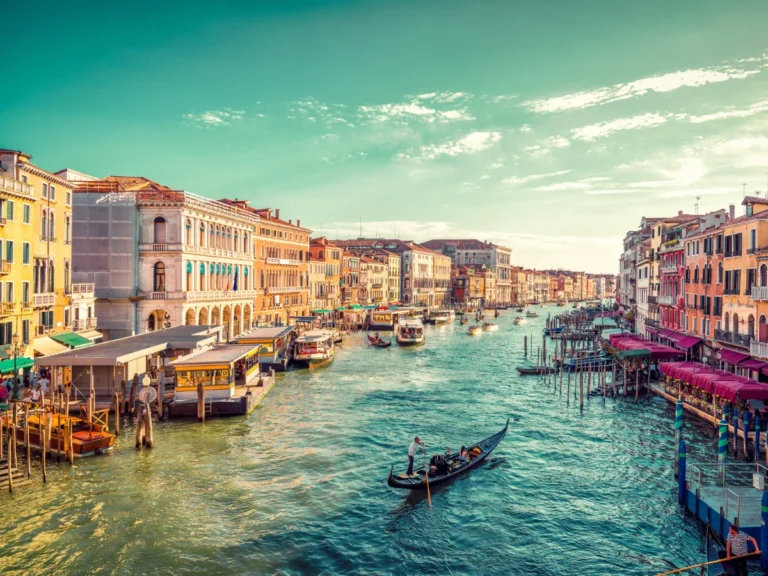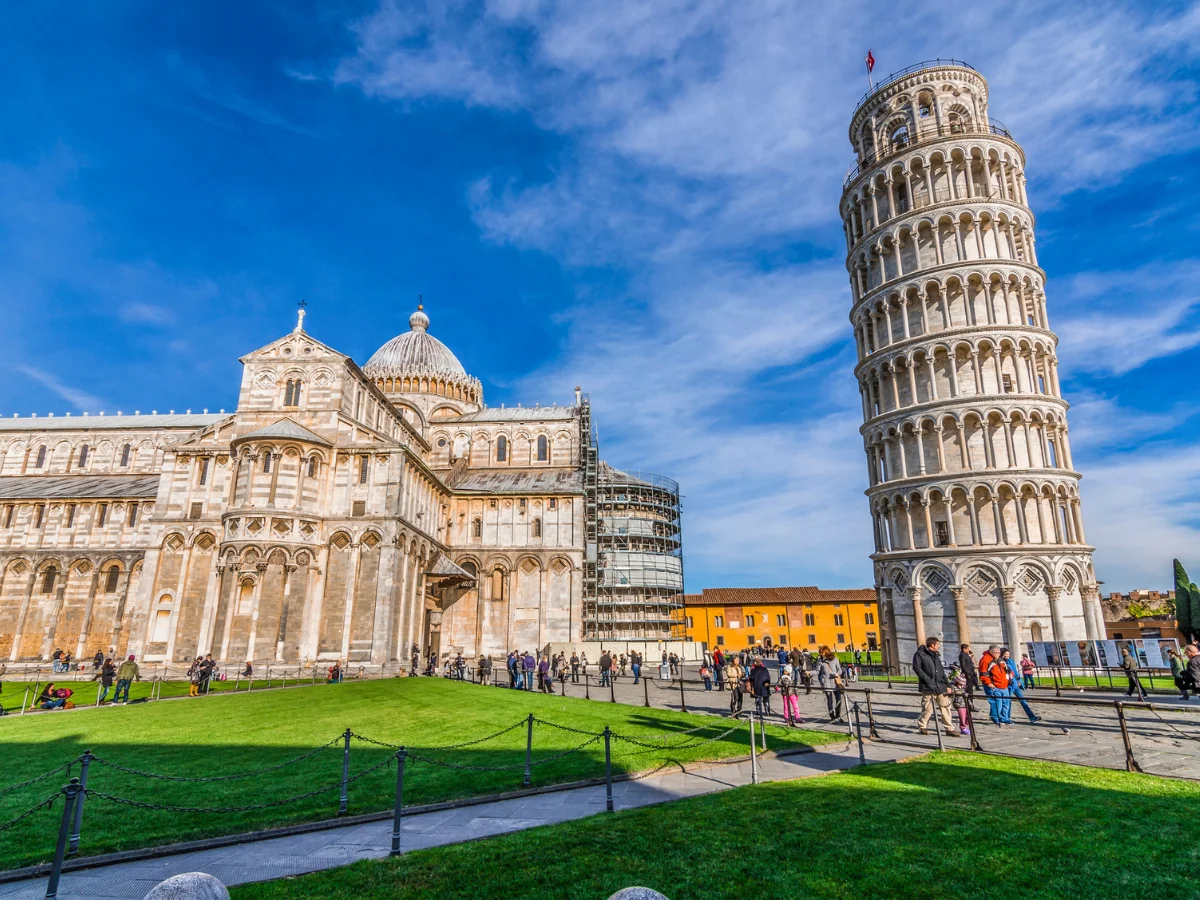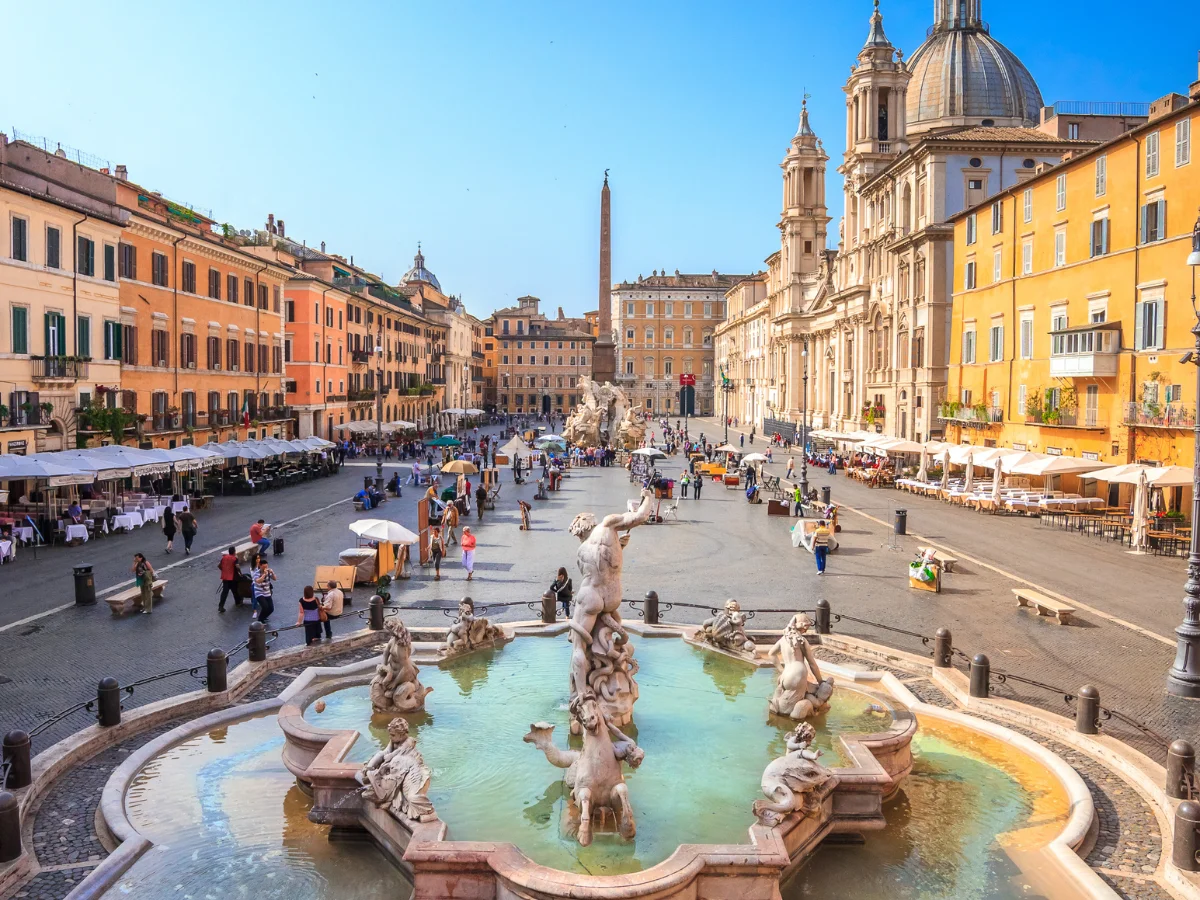The Roman Empire, born from a humble city-state
The Roman Empire, born from a humble city-state, expanded into a vast empire through conquest and diplomacy. Governed initially as a republic, it transitioned into imperial rule under Augustus, ushering in an era of relative peace and prosperity. However, internal strife and external pressures eventually led to its decline. Despite its fall, the empire’s legacy endures, shaping Western civilization through its contributions to law, architecture, literature, and culture. Today, remnants of Roman influence can be seen in languages, customs, and institutions across the globe, illustrating the enduring impact of this ancient powerhouse.

The Roman Empire, born from a humble city-state
Rise of Rome
Founded in 753 BC, Rome began as a small city-state in central Italy. Through conquest and diplomacy, it expanded its territory, establishing dominance over the Italian peninsula.
Roman Republic
The Roman Republic emerged in 509 BC, marked by a system of checks and balances, with elected magistrates and a powerful Senate. Rome’s republican values of civic duty and virtue guided its governance.
Expansion and Conquest
From the 3rd century BC onwards, Rome embarked on a period of rapid expansion, conquering territories across the Mediterranean, including Greece, Egypt, and Carthage. This expansion brought wealth and resources to Rome but also led to social and political challenges.
Transition to Empire
The transition from republic to empire began with the rise of Julius Caesar, who declared himself dictator for life in 44 BC. After his assassination, his adopted son Octavian, later known as Augustus, became the first Roman emperor in 27 BC.
Pax Romana
Under the rule of Augustus and his successors, the Roman Empire experienced a period of relative peace and stability known as the Pax Romana. This era of prosperity facilitated cultural and economic growth throughout the empire.
Decline and Fall
Despite its strengths, the Roman Empire faced internal strife, economic challenges, and external threats. The empire’s vast size made it difficult to govern effectively, leading to political instability and military conflicts.
Legacy
The legacy of the Roman Empire is profound, shaping the course of Western civilization. Roman achievements in law, engineering, architecture, and literature continue to influence modern society. The spread of Latin and Roman culture left a lasting imprint on languages, customs, and institutions across Europe and beyond.



